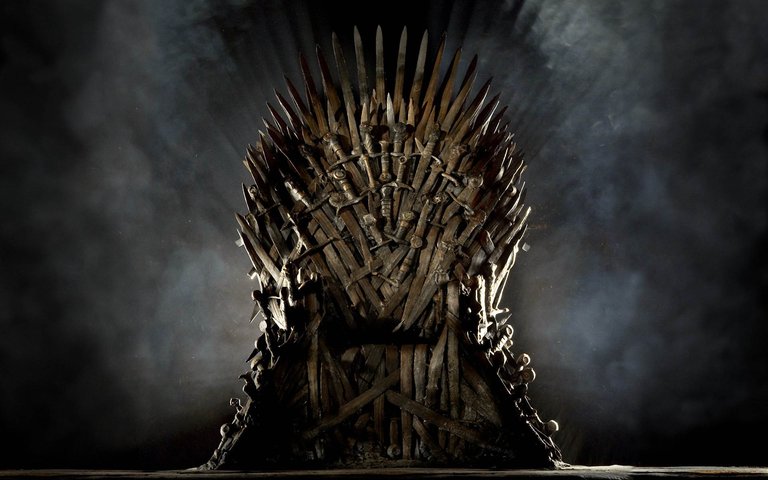Exploring the Epic Saga: Game of Thrones
Introduction:
Game of Thrones, the television adaptation of George R.R. Martin's epic fantasy series "A Song of Ice and Fire," captured the hearts and minds of millions worldwide. Spanning eight seasons, this cultural phenomenon became synonymous with intricate plots, political intrigue, and memorable characters. Let's delve into the world of Westeros and Essos, where noble houses vie for power, dragons soar the skies, and winter's chill threatens the realm.

The Rich Tapestry of Westeros:
At the heart of Game of Thrones lies the continent of Westeros, a land divided into several regions, each ruled by noble houses with their own ambitions and histories. From the icy North, guarded by the Stark family in Winterfell, to the scheming capital of King's Landing, seat of the iron throne, Westeros is a realm fraught with tension and conflict. The intricate web of alliances and betrayals forms the backbone of the series, as houses such as the Lannisters, the Baratheons, and the Targaryens vie for supremacy.

Political Intrigue and Machiavellian Maneuvering:
One of the defining aspects of Game of Thrones is its portrayal of political intrigue. The game of thrones, as it's aptly called, is a ruthless contest where loyalty is fleeting, and betrayal is commonplace. Characters like Tyrion Lannister, the witty and cunning dwarf, and Petyr Baelish, the master manipulator known as Littlefinger, navigate these treacherous waters with skill and guile. The series masterfully depicts the complexities of power dynamics, where even the noblest intentions can lead to dire consequences.


The Rise of Dragons and the Threat of the White Walkers:
Magic and mysticism are integral elements of the Game of Thrones universe. While the first few seasons focus primarily on political intrigue, the emergence of dragons and the looming threat of the White Walkers herald a shift towards fantastical elements. Daenerys Targaryen, the exiled princess with a claim to the iron throne, becomes a central figure as she raises her dragons and seeks to reclaim her birthright. Meanwhile, beyond the Wall in the icy wastelands of the North, the White Walkers gather their undead army, posing a threat to all of humanity.

**Character Development and Moral Ambiguity: **
One of the series' greatest strengths is its richly developed characters, each with their own motivations, flaws, and moral complexities. From the honorable Ned Stark to the cunning Cersei Lannister, Game of Thrones presents a diverse cast of characters whose actions shape the fate of the realm. As viewers, we are often torn between rooting for our favorite characters and grappling with the ethical dilemmas they face. This moral ambiguity adds depth to the narrative, making it all the more compelling.

**Controversial Endings and Fan Reactions: **
Game of Thrones concluded its epic run in 2019 with its eighth season, but not without controversy. The final season, while visually stunning, drew criticism from fans and critics alike for its rushed pacing and perceived mishandling of character arcs. The series finale, in particular, polarized audiences with its unexpected twists and unresolved plot threads. Despite its divisive ending, Game of Thrones undeniably left an indelible mark on popular culture, inspiring countless discussions, theories, and fan creations.

**Conclusion: **
Game of Thrones remains a cultural touchstone, beloved by fans for its sprawling narrative, complex characters, and breathtaking visuals. While its conclusion may have been met with mixed reactions, the series' impact is undeniable, paving the way for a new era of epic storytelling in television. As we bid farewell to the world of Westeros, its legacy endures, reminding us that in the game of thrones, you win or you die.



GOT was one of the series that caught my attention at the time, but without a doubt (at least for me) left much to be desired in the last seasons, but still remains one of my favorites.